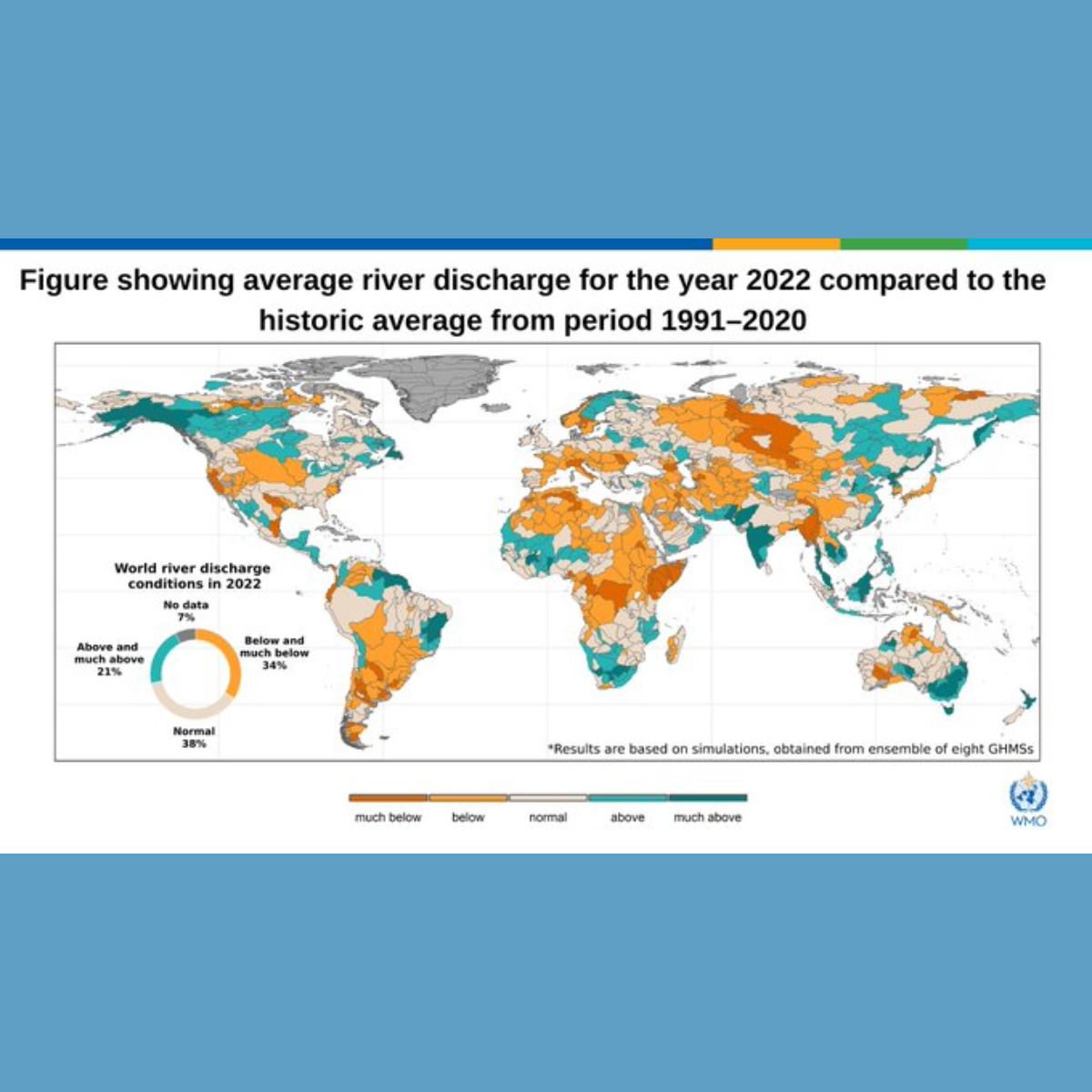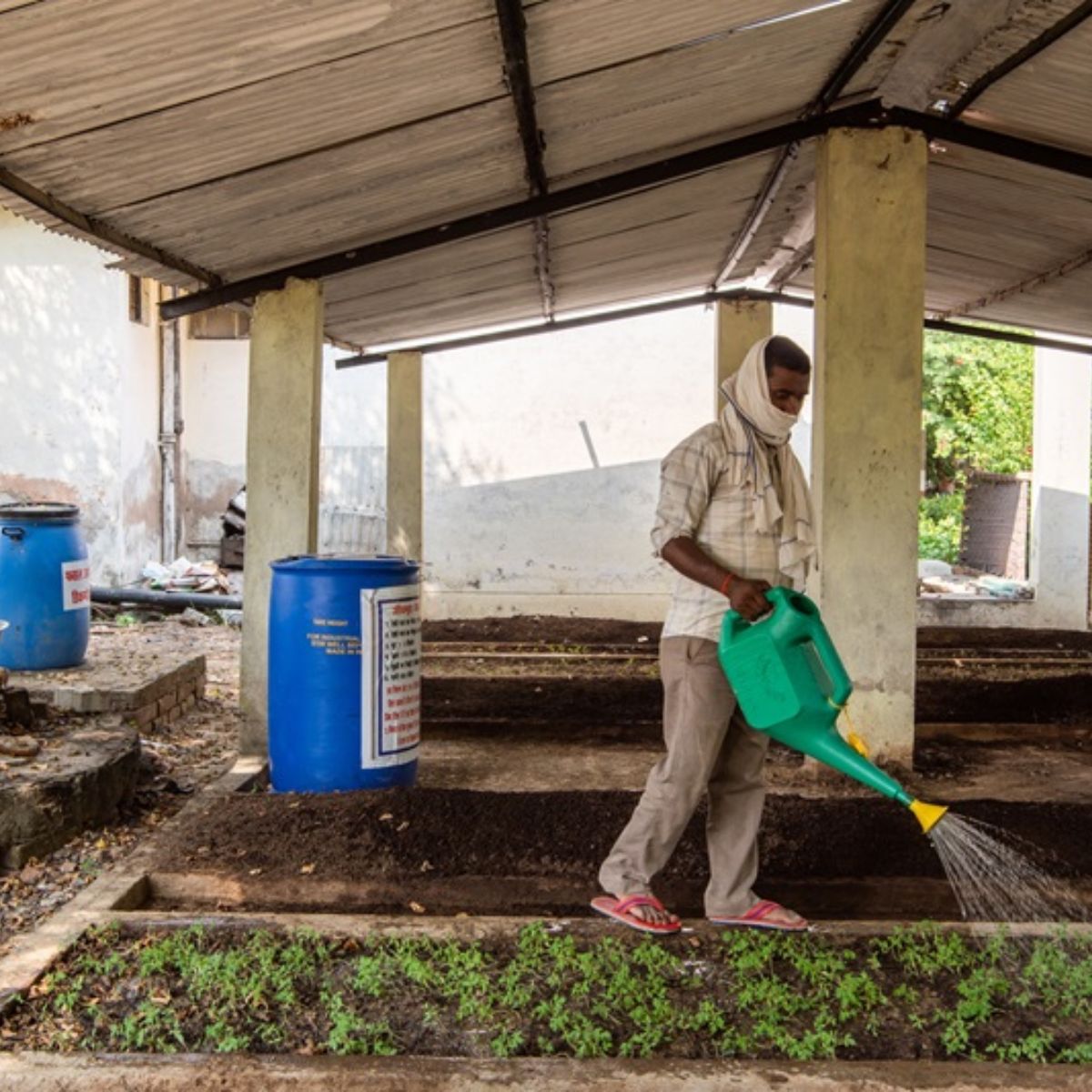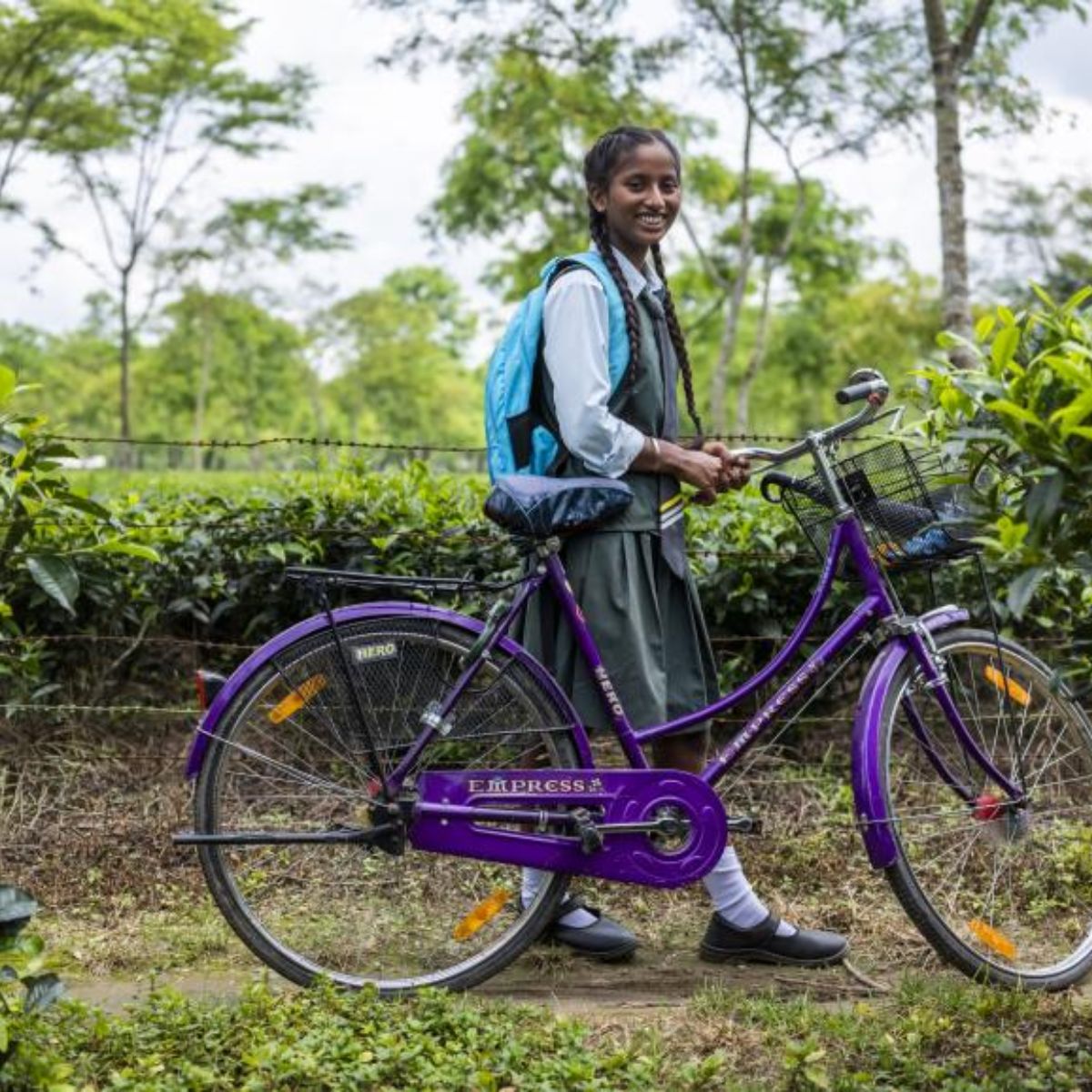Pakistan among nations hit by ‘out of balance’ water cycle
Source: Dawn
Date: 13 Oct 2023
The World Meteorological Organization (WMO) has reported that Pakistan, along with other nations, experienced imbalances in its hydrological cycle due to climate change in 2022. Over 50% of global catchment areas showed deviations from normal river discharge conditions, with most being drier than usual. This imbalance has impacted vital river basins in the Third Pole region, including the Indus, Amu Darya, Yangtze, and Yellow Rivers. Megafloods and severe droughts have affected various regions, causing significant losses in lives and economies. The report highlights the urgent need for improved monitoring, data-sharing, and cross-border collaboration to manage water extremes and address the lack of accessible hydrological data in regions like Africa, the Middle East, and Asia.
Agricultural innovation and improved nutrition are necessary for a climate-stressed world
Source: Bill & Melinda Gates Foundation
Date: 12 Oct 2023
Climate change is disproportionately affecting sub-Saharan Africa and South Asia, where rising temperatures and population growth exacerbate problems. Agriculture is central to livelihoods in these regions, and smallholder farmers are struggling to adapt. Malnutrition is rising, and climate change further hinders food production. The impact on children’s development and overall health is profound. Climate change exacerbates malnutrition, and 132 million more people could fall into extreme poverty by the end of the decade. To combat these challenges, initiatives like resilient crops, livestock production, and food fortification are essential. Urgent action and substantial investments in adaptation and nutrition are needed to prevent severe consequences.
South Asian officials, legislators, girls and campaigners commit to advancing girls’ rights
Source: UNICEF
Date: 11 Oct 2023
Government officials, parliament members, and civil society organizations from eight South Asian countries convened in Kathmandu for a UNICEF-organized consultation to advance the rights of adolescent girls in the context of climate change. They committed to integrating the needs of adolescent girls into climate policies, actions, and resource allocation, recognizing the vast potential of the region’s 170 million adolescent girls. South Asia faces unique climate challenges, with girls experiencing increased risks. Participants emphasized the importance of harnessing the resilience and leadership of adolescent girls, calling for equitable climate investments and supporting their roles as climate champions. UNICEF aims to empower 25 million girls by 2025, highlighting the pivotal role they play in addressing climate change and promoting sustainable development.



